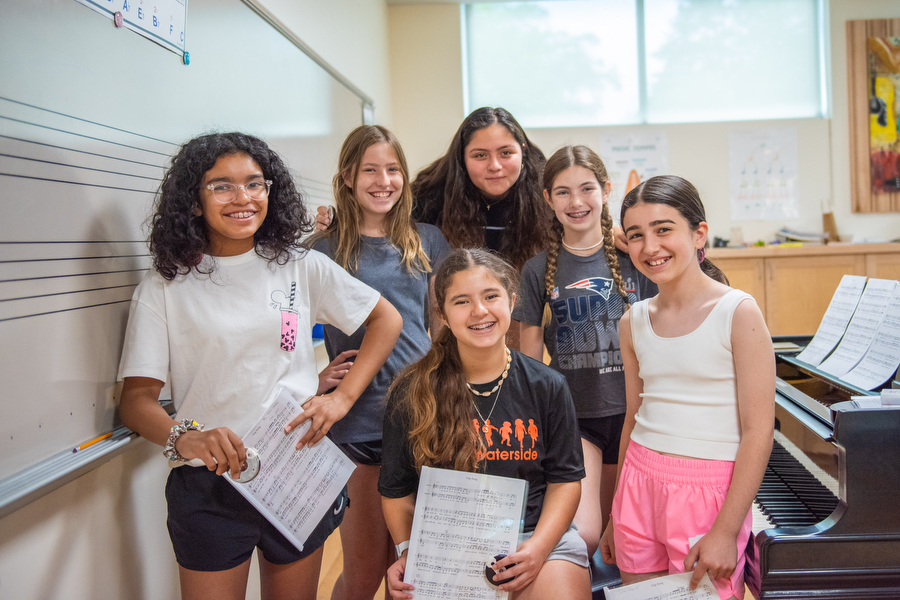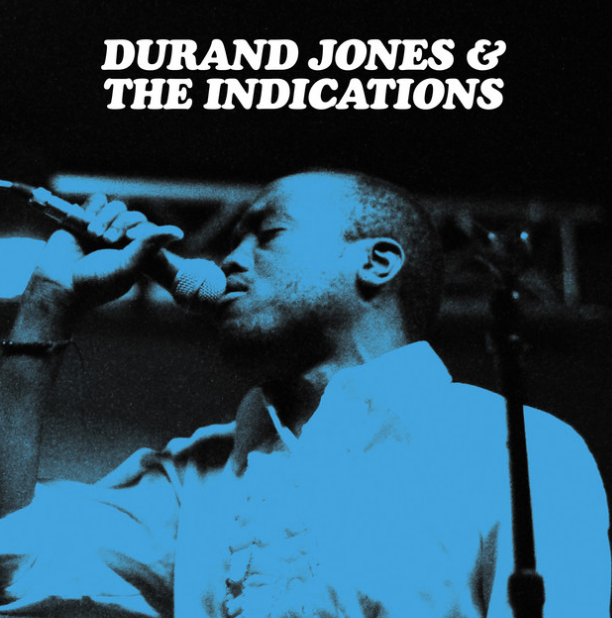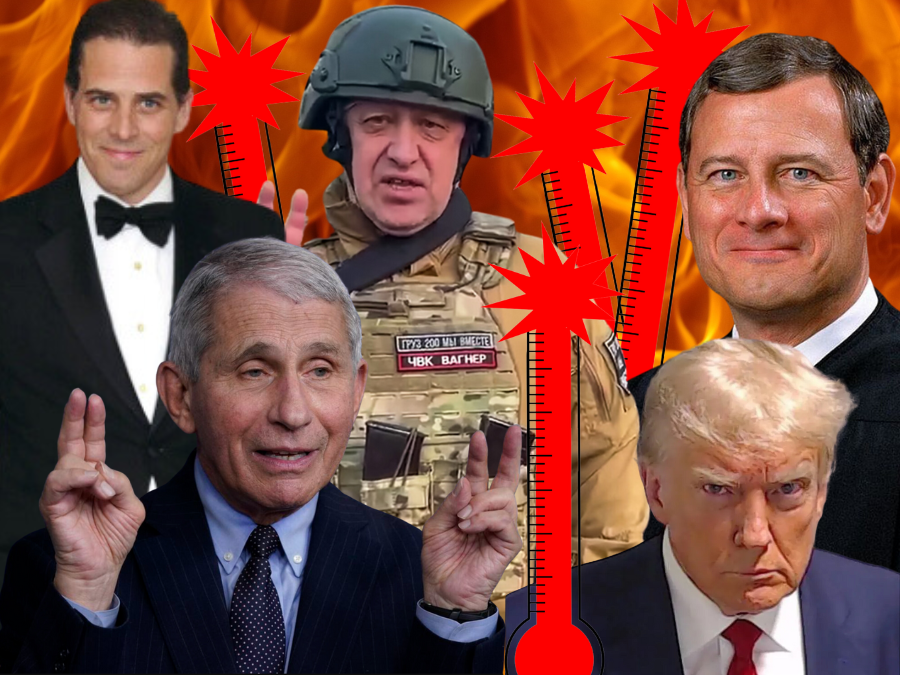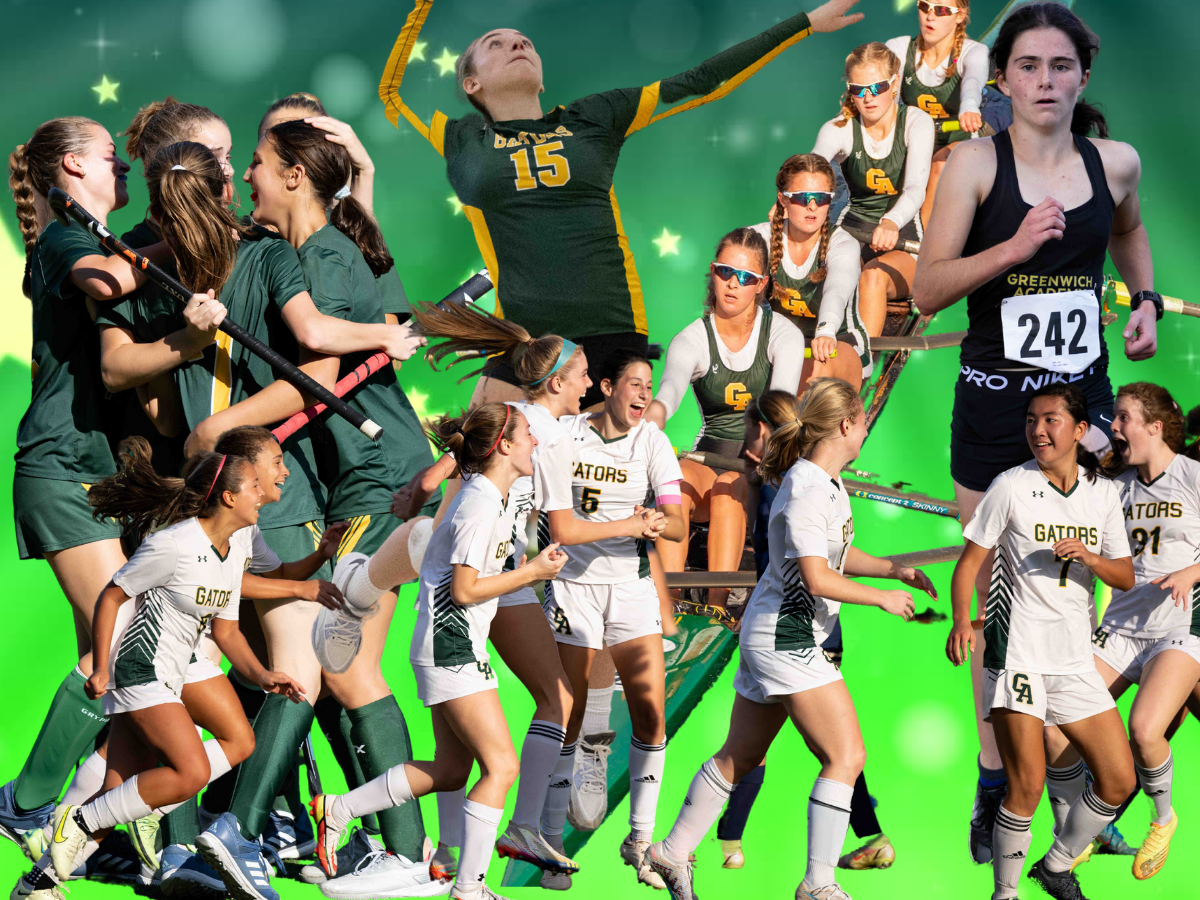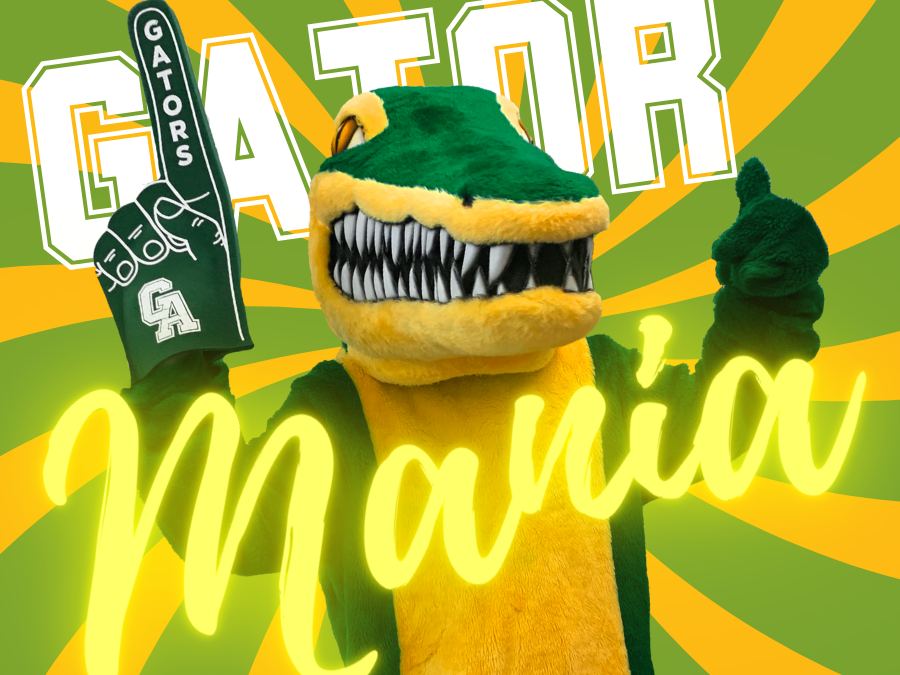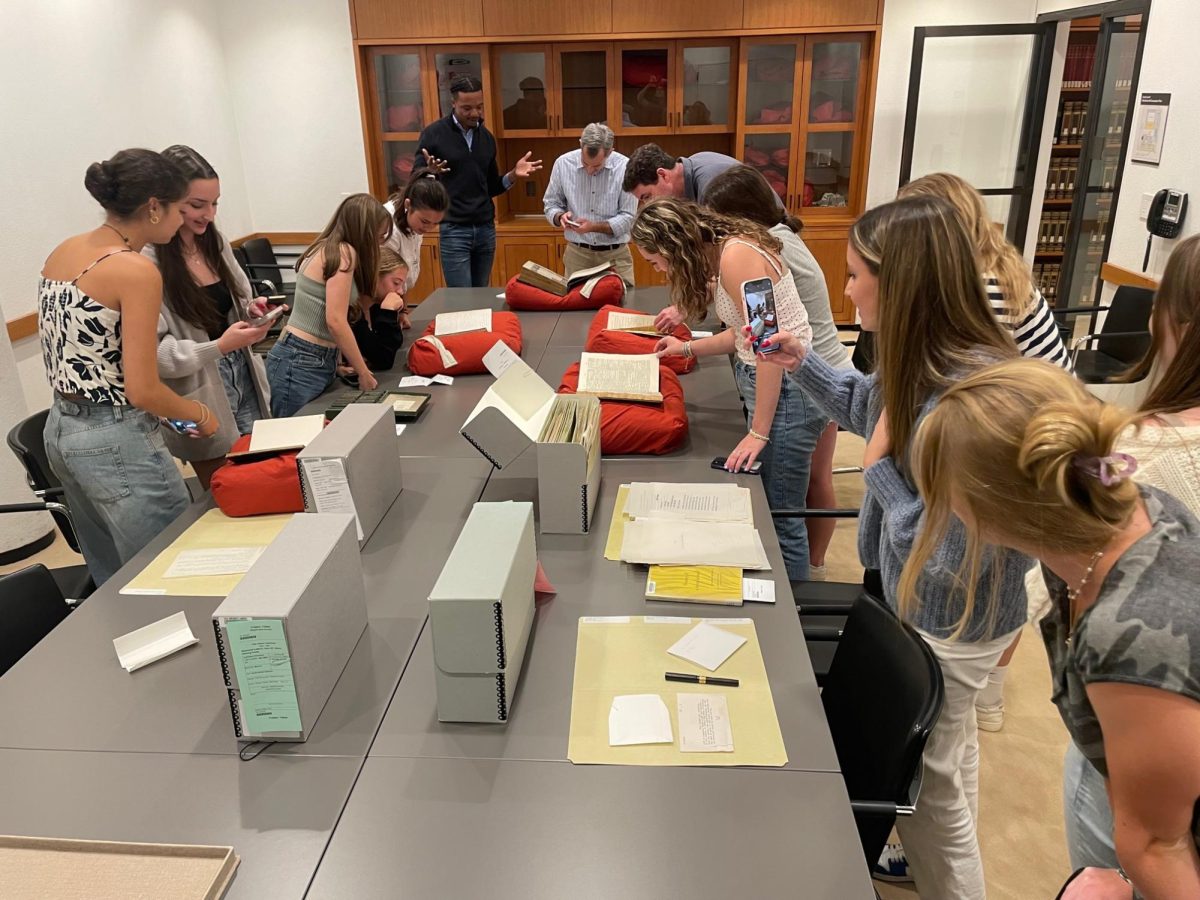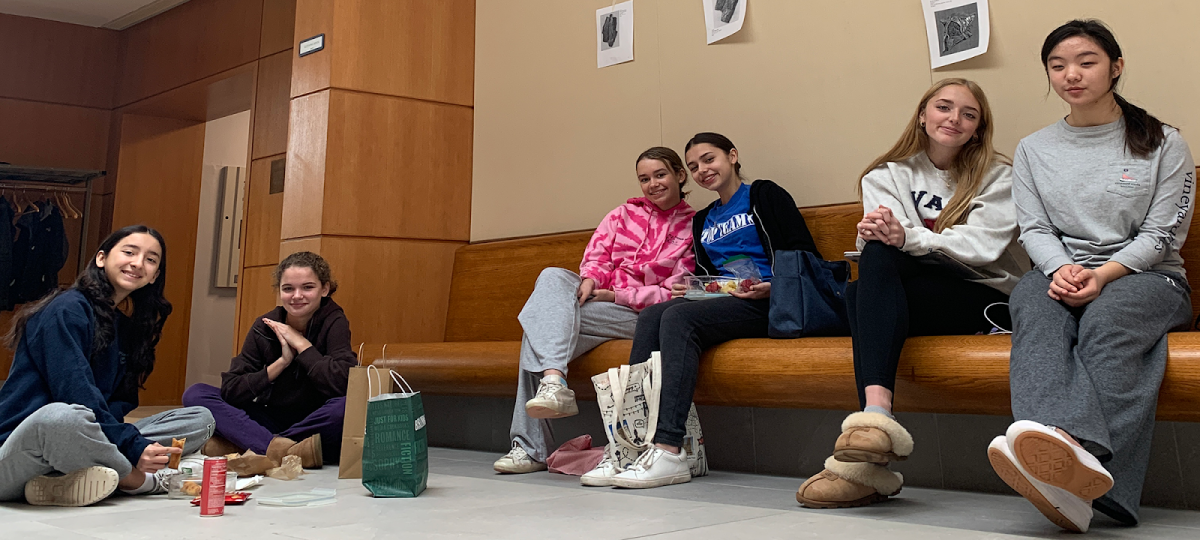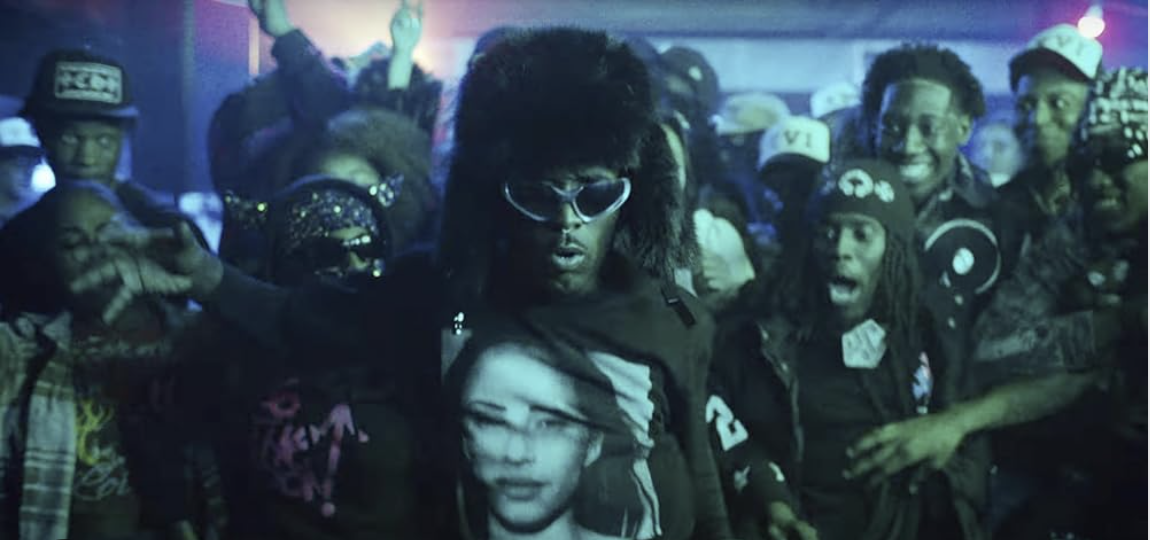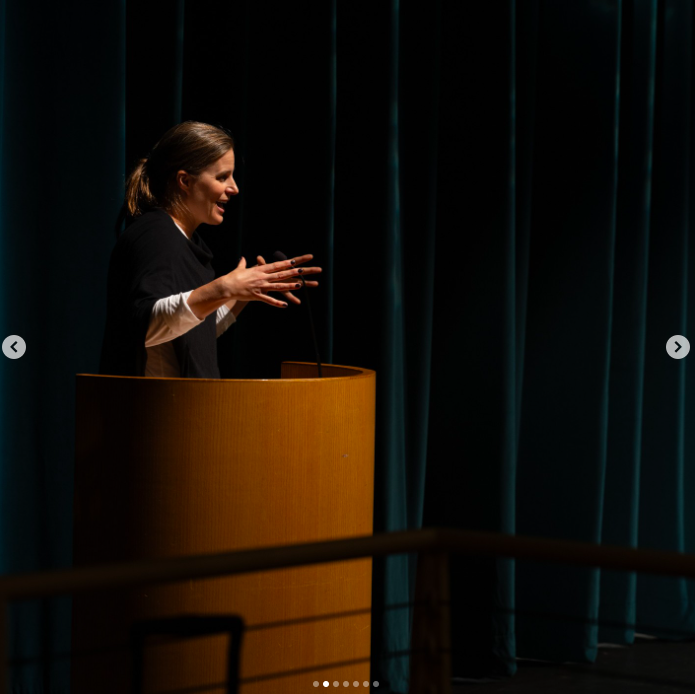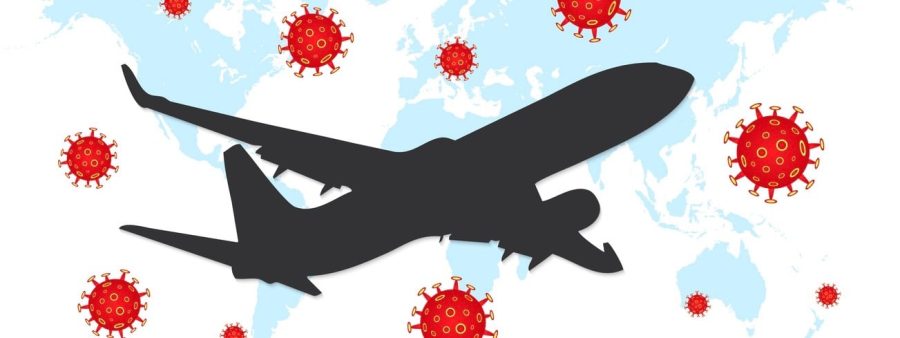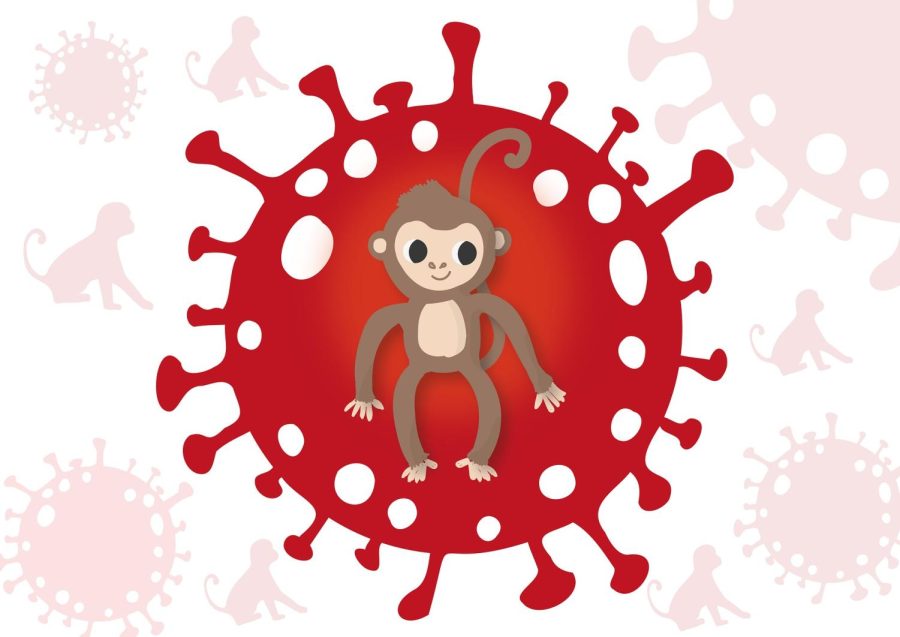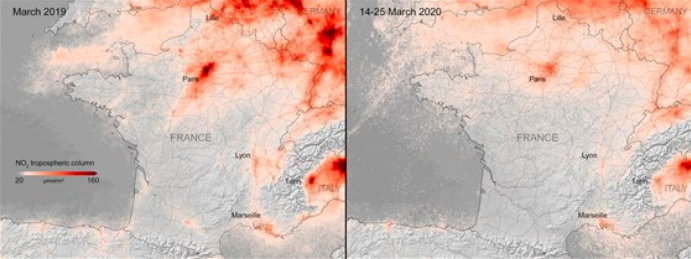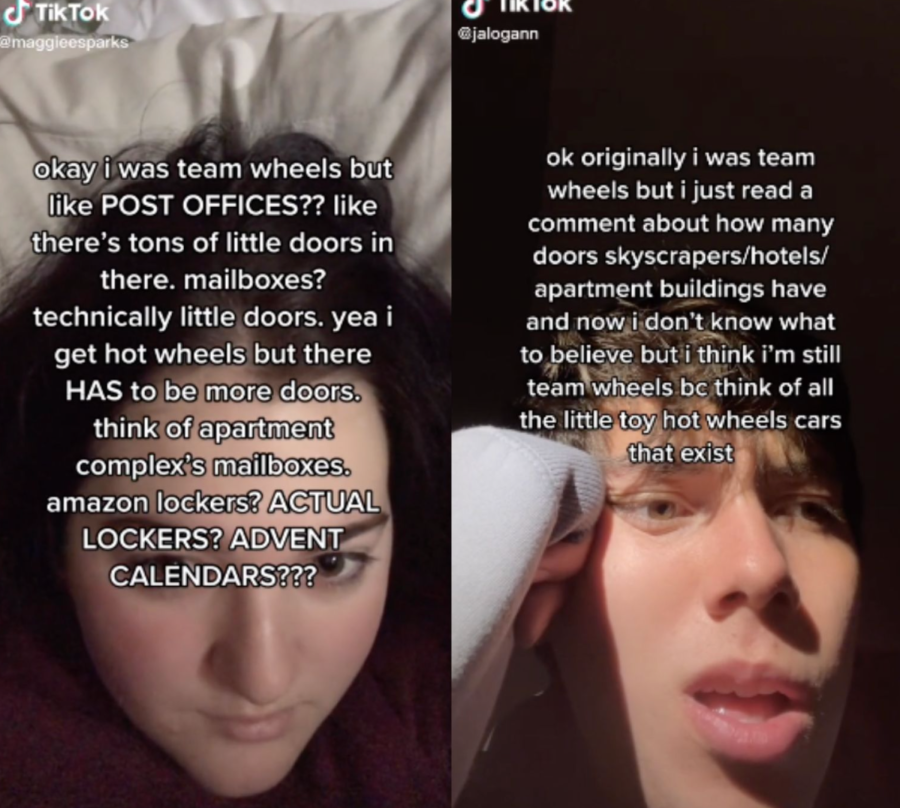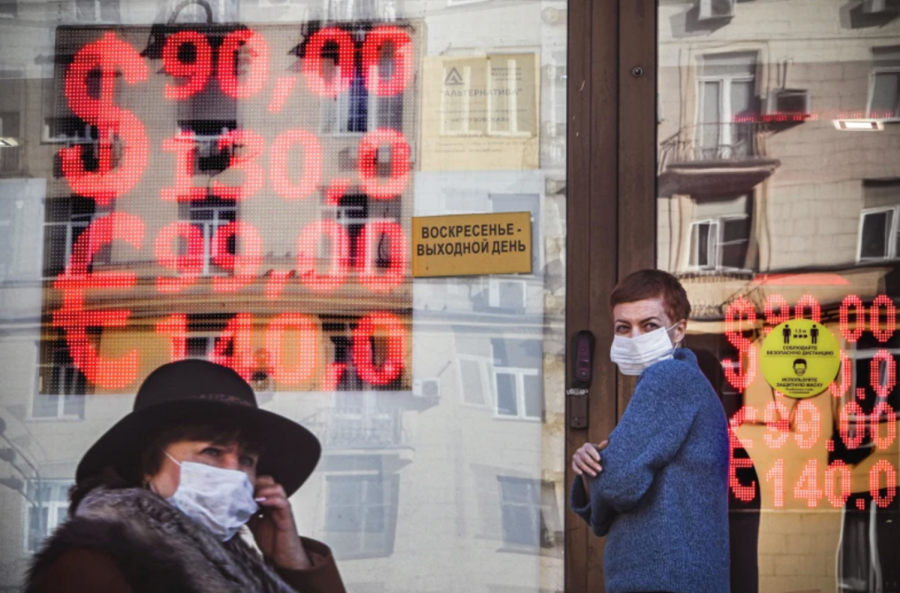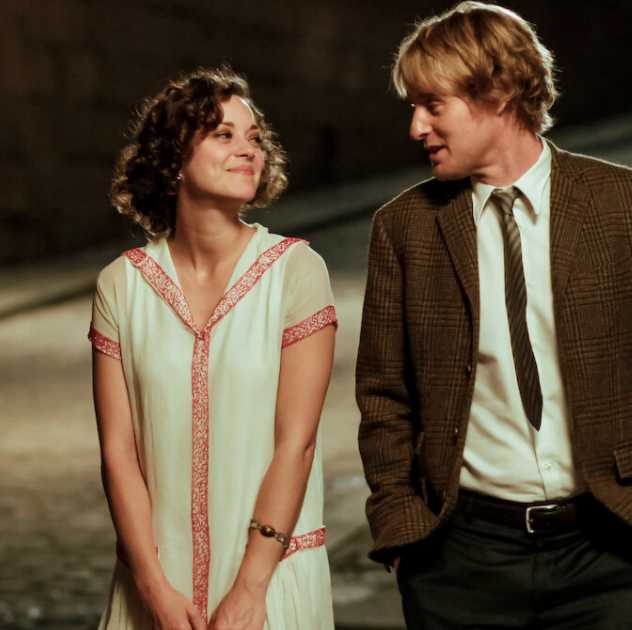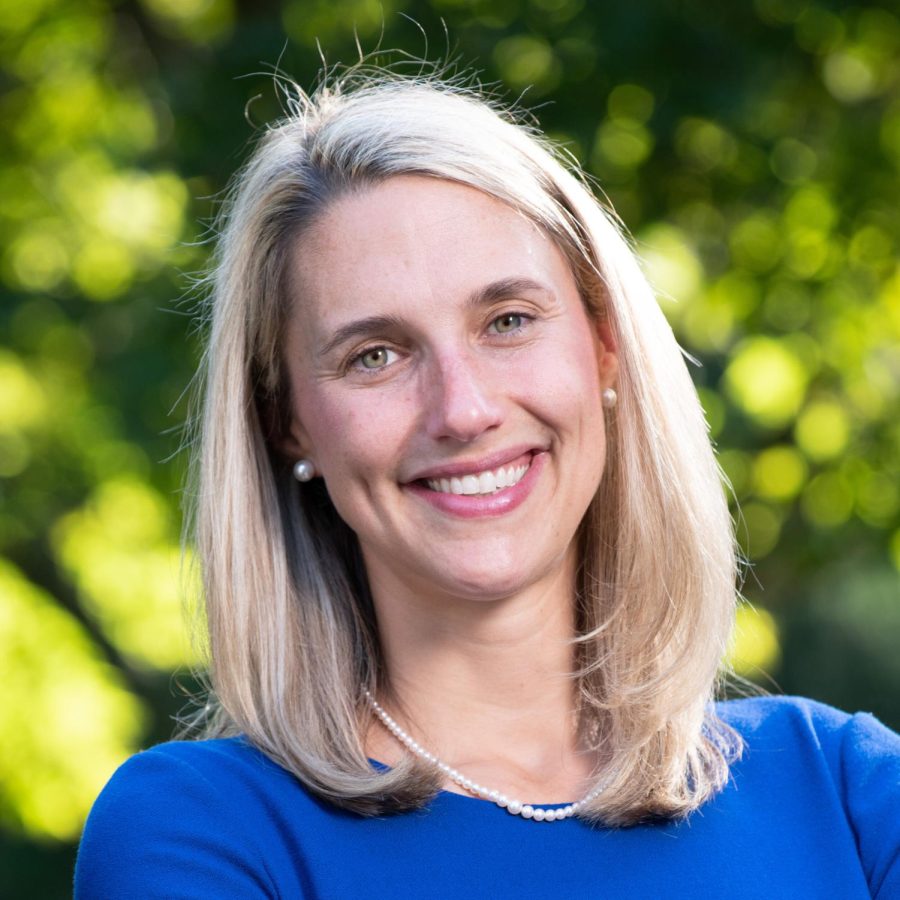With the 2016 elections quickly approaching, the last thing possible Republican presidential candidate and New Jersey governor Chris Christie needed was a scandal. However, on January 8, suspicious emails regarding the motives for closing the George Washington Bridge in Fort Lee put Christie and his administration under major scrutiny.
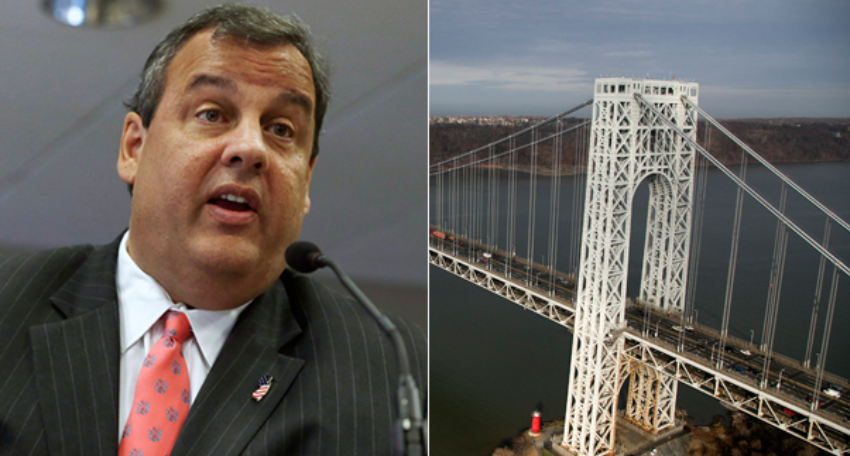 The basis of this controversy revolves around the fact that on September 9, 2013, several lanes on the George Washington Bridge, one of the busiest double decker toll bridges in the world, were closed for four days due to a supposed traffic study. Needless to say, the closing of the lanes caused major traffic jams and infuriated commuters.
The basis of this controversy revolves around the fact that on September 9, 2013, several lanes on the George Washington Bridge, one of the busiest double decker toll bridges in the world, were closed for four days due to a supposed traffic study. Needless to say, the closing of the lanes caused major traffic jams and infuriated commuters.
The city most impacted by this closure was Fort Lee, located directly across from New York City. On the same day that the lane closures began, Fort Lee Mayor Mr. Mark Sokolich contacted the deputy executive director of the Port Authority, Mr. Bill Baroni, informing him that, “the bigger problem is getting kids to school. Help please. It’s maddening.”
This mayor was the first to question the motives behind the George Washington Bridge closings. Since he is a Democrat, many reporters asked him whether he believed the closings to be a punishment for his failure to support Christie’s re-election the previous November. Although Mr. Sokolich tried to dismiss these claims, he had a difficult time completely disregarding them.
Emails discovered on January 8th linked many of Christie’s employees to the lane closing. They implied that a top aide of Christie’s closed lanes on the bridge as part of a political vendetta. Democrats in the state alleged it was to retaliate against Mr. Sokolich for the same reason that reporters had speculated in September.
In reaction to these emails, Governor Chris Christie issued a statement saying that he was, “misled by a member of his staff.” In his statement, he vowed that, “people will be held responsible for their actions.”
It was later revealed that Mr. David Wildstein, the director of interstate capital projects, and Mr. Baroni, had planned and covered up the Bridge closures. The two, with the help of Ms. Bridget Anne Kelly, who at the time was Christie’s Deputy Chief of Staff for Legislative and Intergovernmental Affairs, convinced Christie they were conducting a traffic study. It was also confirmed that the event was part of a political vendetta against Mr. Sokolich.
On January 9, a panel of state lawmakers in charge of investigating the lane closures, held a trial. At this trial, Mr. Wildstein pled the Fifth and was then held in contempt of court for hindering the investigation. Yet he had resigned, along with Mr. Baroni, about a month before the emails about the Bridge scandal were officially linked to Christie appointees.
That same day, the United States District Attorney for New Jersey, Paul J. Fishman, ordered a preliminary federal inquiry into matters related to the lane closures and subpoenaed all documents related to the issue. The Assembly Transportation Committee released the documents publicly and while there was no evidence that there were any more members of staff involved or aware of the lane closures, the investigation is continuing.
As of February 3, Ms. Kelly has refused to comply with a subpoena from the New Jersey Assembly, instead pleading the fourth and fifth amendments. It is possible that some of the other eighteen individuals subpoenaed by this assembly may respond in a similar fashion. Unfortunately for Christie this controversy is far from over, and most believe that it will negatively impact the chances of a successful presidential campaign.


